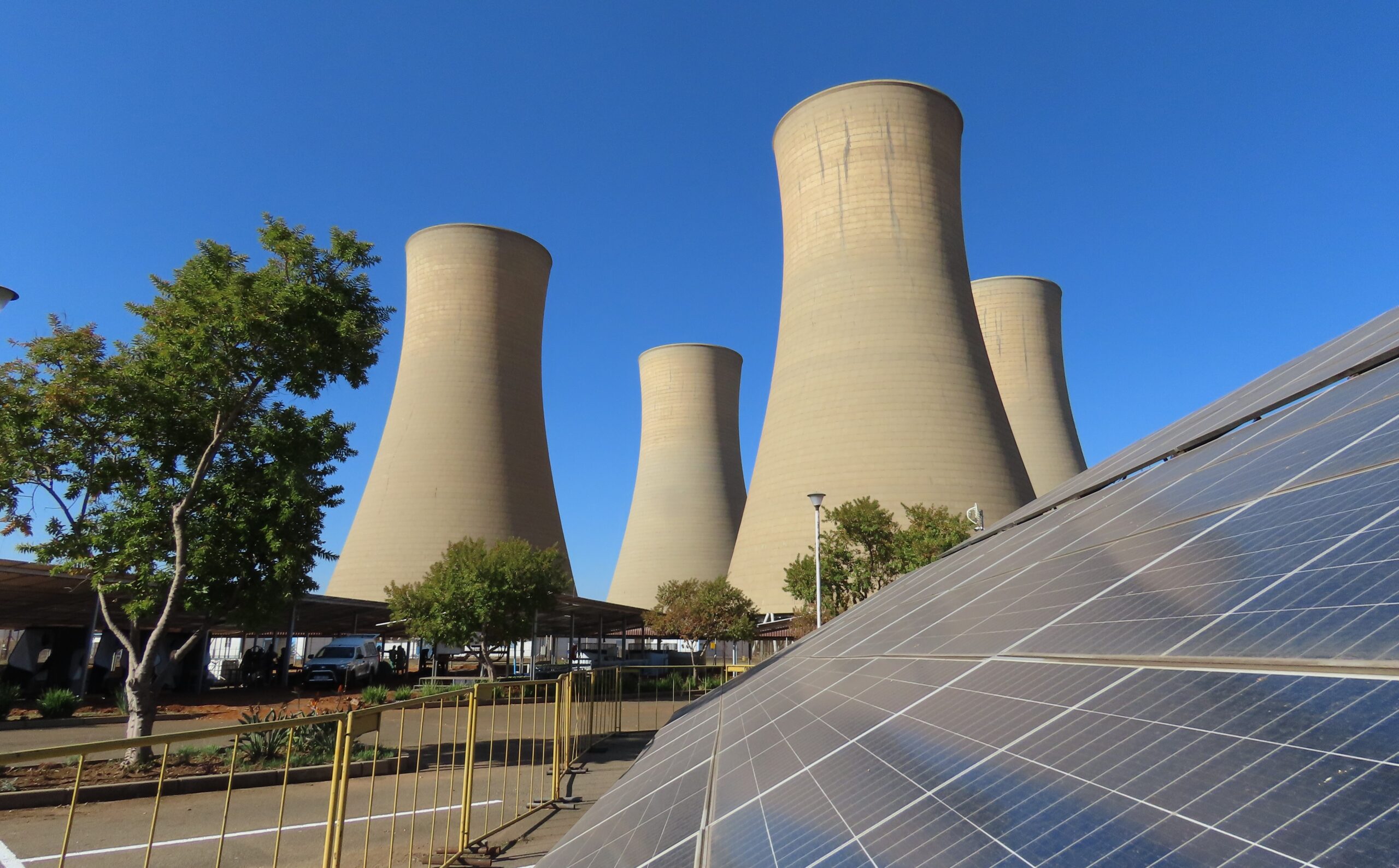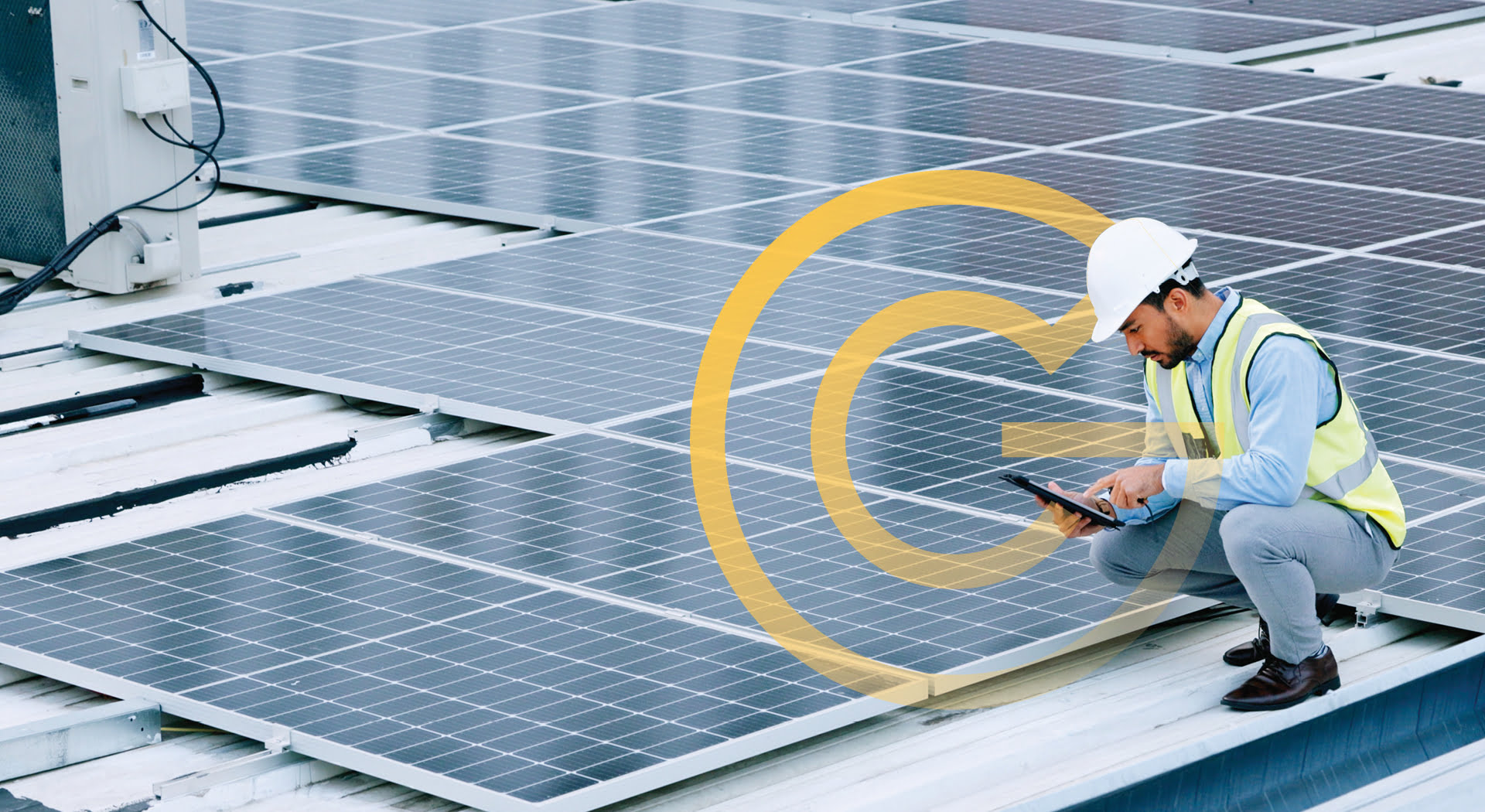Project Description
GreenCape and the African Climate and Development Initiative from the University of Cape Town have collaborated on a 3-year project titled “Managing Water as a Constraint to Development with Decision-Support Tools that Promote Integrated Planning: The Case of the Berg Water Management Area“.
This project was funded by the Water Research Commission and Western Cape Department of Economic Development & Tourism. The project built on research completed during 2013-15 on the evaluation of water as a constraint to economic development in Saldanha Bay. It aimed to develop new solutions and approaches for water resources planning and allocation, economic development decision making, and governance of water and economic development.
Understanding of the economic impacts of water access is limited, and there is a lack of tools available to address the trade-offs that may be required when allocating water in a water scarce system. This is needed in particular in “constrained catchments” where all readily available water is already allocated, such as the case of the Berg Water Management Area (WMA). In such catchments, future development requires additional water resources, either through the development of new resources or the reallocation from other users in the WMA. This study aimed to better integrate water into economic development planning, and vice versa. These aims have been achieved through developing actionable insights and tools for governmental decision-makers that link water as a resource and its availability to economic outcomes in terms of growth and job creation.
Project Aims
- To develop a guideline for a planning approach that recognizes the cyclic interdependency of economics and water resources
- To conduct an economic, social and environmental Cost Benefit Analysis (CBA) and Cost Effective Analysis of economic developments and water resource interventions
- To build a spatial hydro-economic model for use as a tool to manage regional allocations in constrained catchments, which can be customized for use in other regions/ contexts
- To develop research products in close collaboration with decision-makers, and implement research outcomes to address current development challenges
Project Recommendations
The project findings highlight the need for further action:
- The absence of a regional water utility for the Berg WMA is hampering the development of water resources, particularly at a local level, and the creation of either a regional water utility or water board should be explored in an intergovernmental process that results in an implementation protocol. An implementation protocol will allow local, provincial and national government departments to practically coordinate the work required to set up a suitable regional entity.
- Coordinated planning for future water resource interventions for those WSAs supplied by the Western Cape Water Supply System (WCWSS) must be strengthened. A feasibility study is proposed to estimate the economies of scale and efficiencies that could be gained in combining regional and local water resource development schemes across the Berg WMA.
- A regional (or national) fund that WSAs can access for off-budget water resource infrastructure, which leverages private sector funds, should be explored
- All spheres of government need to be more cognisant of the local capabilities and water resource availability in the areas in which development is planned, crucially as it relates to the availability of water to support their development ambitions. If sufficient water is not available, then a careful consideration should be made about the suitability of a particular industry for the area (linked to its water intensity) versus the cost/benefit of developing new water resources.
Project Documents
GreenCape Project Brief for Agri Stakeholders in the Berg WMA
Municipal Snapshots


